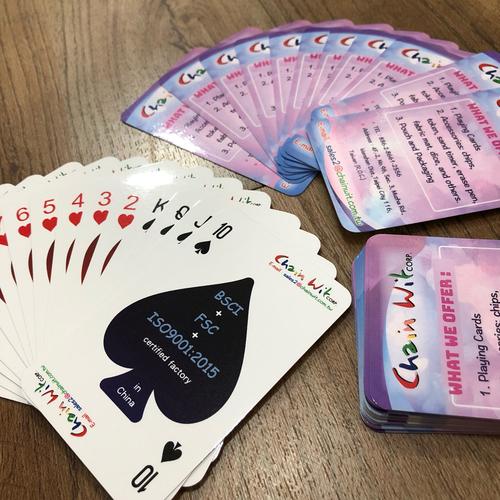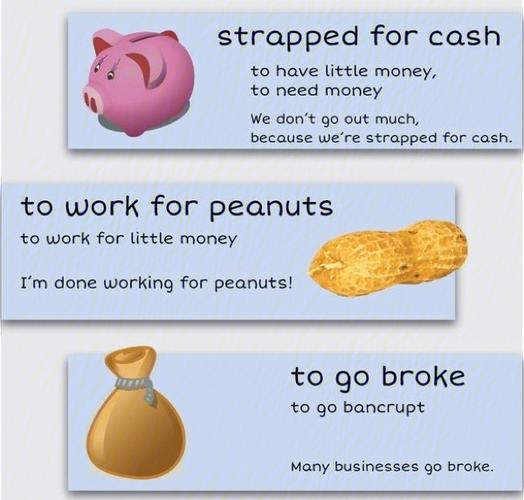Can You Make Money Selling a Custom Trading Card Game?
Trading card games have been a popular pastime for decades, captivating enthusiasts of all ages. With the rise of digital platforms and the increasing demand for unique experiences, many are wondering if it’s possible to make money by selling a custom trading card game. Let’s delve into the various aspects of this venture to find out.
Understanding the Market
Before diving into the creation and selling of a custom trading card game, it’s crucial to understand the market. Research the existing trading card games to identify gaps in the market or areas where you can offer something unique. Look for popular themes, genres, and mechanics that resonate with players.

According to a report by Grand View Research, the global trading card game market was valued at $3.5 billion in 2020 and is expected to grow at a CAGR of 5.5% from 2021 to 2028. This indicates a promising market for custom trading card games.
Creating Your Custom Trading Card Game
Once you have a clear understanding of the market, it’s time to create your custom trading card game. Here are some key steps to consider:
-
Design the theme and setting: Choose a unique theme or setting that will attract players. Consider popular genres like fantasy, science fiction, or historical events.
-
Develop the mechanics: Decide on the core mechanics of the game, such as deck-building, collectible cards, or cooperative play. Ensure the mechanics are engaging and easy to understand.

-
Create the artwork: Hire professional artists to design the cards and other visual elements. High-quality artwork can significantly enhance the appeal of your game.
-
Print the cards: Choose a reputable printing company to produce your cards. Consider factors like card stock, card size, and printing quality.
According to a survey by the Toy Association, 70% of consumers believe that the quality of the artwork on a trading card is important when purchasing a game. Therefore, investing in professional artwork and printing is essential.
Marketing and Distribution
Once your custom trading card game is ready, it’s time to market and distribute it. Here are some strategies to consider:
-
Build a website: Create a professional website that showcases your game, including images, gameplay videos, and information about the game’s mechanics and theme.
-
Utilize social media: Leverage social media platforms like Facebook, Instagram, and Twitter to promote your game. Engage with potential customers and share updates about the game.
-
Participate in conventions and events: Attend gaming conventions, local events, and meetups to showcase your game and connect with potential customers.
-
Collaborate with influencers: Partner with gaming influencers and content creators to reach a wider audience. Influencers can provide credibility and generate buzz around your game.
According to a report by Statista, the global gaming market is expected to reach $200 billion by 2023. This growth presents a significant opportunity for custom trading card games to gain traction.
Monetization Strategies
There are several ways to monetize your custom trading card game:
-
Sell physical copies: Offer physical copies of your game through online marketplaces, local retailers, and at events.
-
Online sales: Set up an online store to sell digital copies of your game or digital expansions.
-
Merchandise: Create and sell merchandise related to your game, such as t-shirts, posters, and collectibles.
-
Subscription model: Offer a subscription service that provides regular updates, expansions, and exclusive content.
According to a report by the Entertainment Software Association, the average consumer spends $60 on video games and related products each year. This indicates a potential market for custom trading card games.
Challenges and Considerations
While selling a custom trading card game can be lucrative, there are challenges and considerations to keep in mind:
-
Competition: The trading card game market is highly competitive, with established brands like Pok茅mon and Magic: The Gathering dominating the market. Differentiating your game from the competition is crucial.
-
Costs: Creating and


